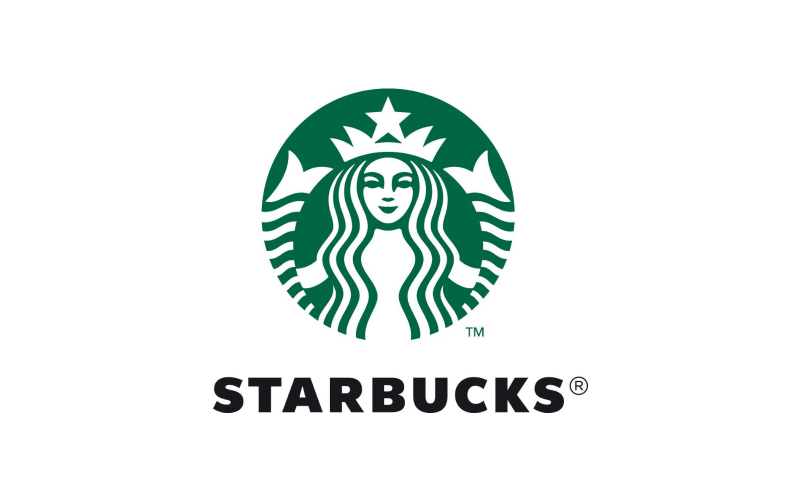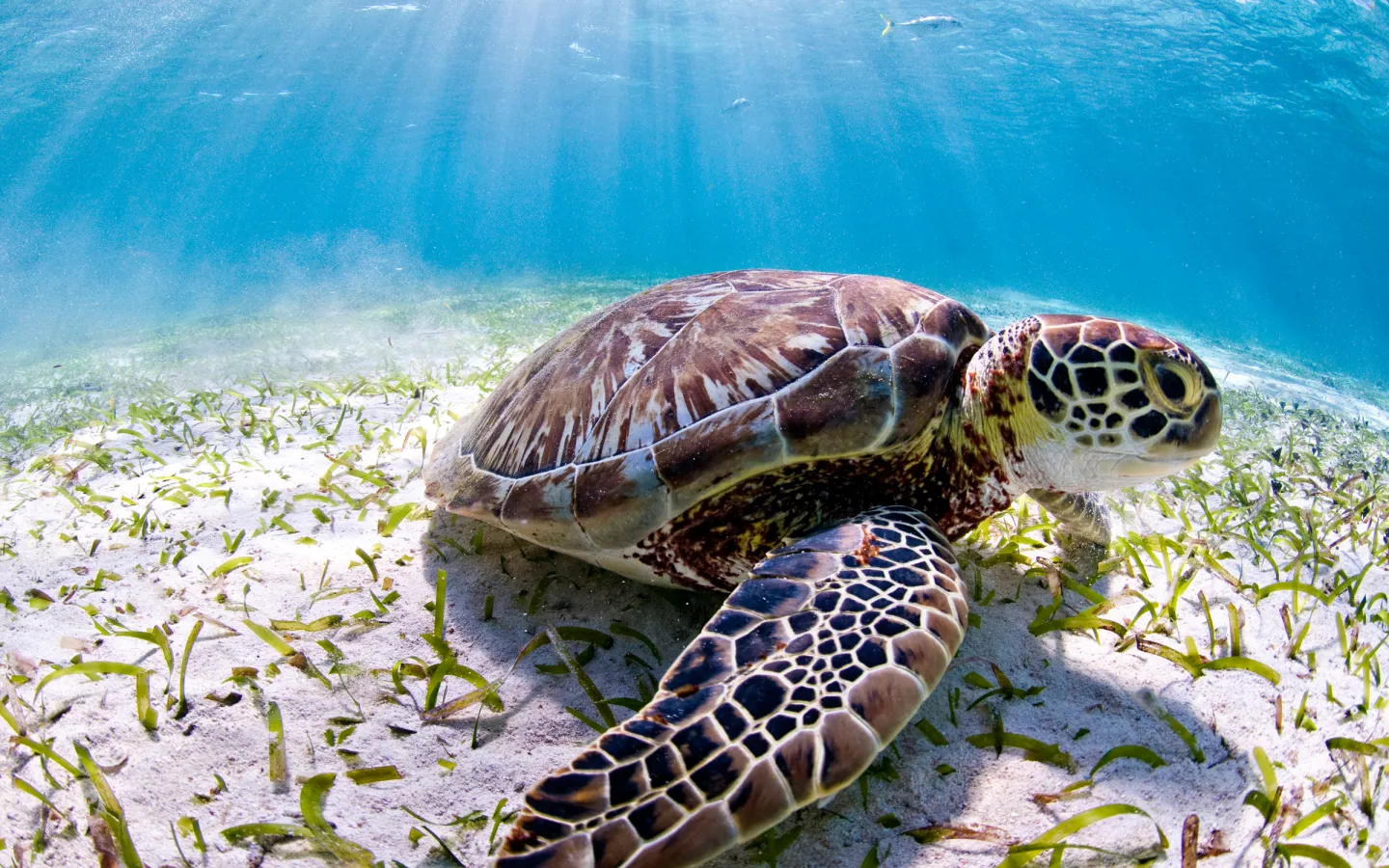2023 Partnership with Starbucks
Starbucks wants to encourage even more people to use a reusable cup and began charging 10 centimes on disposable cups in all Starbucks Coffee Houses in Switzerland in August 2023 to help push customers towards greater sustainability.
All the proceeds will go to WWF Switzerland to be used for a number of projects, including ones aimed at reducing plastic pollution in the environment.


Project in marine protected area Tiaco-Burias
In the cooperation to date, special focus has been placed on the Donsol — Plastic Smart City project. Following the completion of this project, Starbucks has decided to support the follow-up project Intact Nature and Plastic-Free Coasts in the Ticao-Burias Marine Protected Area.
Covering an area the size of a tenth of Switzerland, the Ticao-Burias Pass Protected Seascape (TBPPS) marine reserve in the Philippines is home to a rich marine biodiversity. Whale sharks, manta rays, dolphins and sea turtles live here. There are mangroves, coral reefs, algae and seagrass meadows along the migration route of marine animals. This ecologically valuable area is coming under increasing pressure. The biggest threats include plastic pollution, overfishing and destructive fishing practices, siltation and soil erosion as well as deforestation of the mangrove forests. The aim of the project is to safeguard and preserve the biodiversity and ecosystem services of the Ticao-Burias marine reserve. Furthermore, plastic waste in the communities of Ticao Island is to be significantly reduced, thereby curbing its entry into the environment.
Cooperation in a global context
For several years, WWF has collaborated intensively with Starbucks on a number of different ecological topics within the framework of its international cooperation. As part of these efforts, Starbucks has worked with WWF and Quantis to quantify its global footprint in the areas of climate, waste, and water in its operations and supply chains. The results were published in the Environmental Baseline Report. In particular, WWF is supporting Starbucks in matters concerning water usage. For example, after using the WWF Water Risk Filter, Starbucks was motivated to move away from a global average savings target and instead determine regionally varying targets based on the respective risk level.
